I have been chronicling my own journey on the keto diet over the last 14 months. The keto, short for ketogenic, diet is way of eating that reduced total carbohydrate intake per day to 20g of carbs or less and promotes the consumption of high levels of healthy fats and moderate amounts of protein. How that essentially looks in my own life is that I simply don’t eat sugar, flour, rice, pasta, starchy vegetables, potatoes, ground provisions, beans and fruit. I eat healthy fats such as full fat dairy products, coconut and olive oils, butter, avocados, nuts and animal fats. I eat loads of all green veggies. I’ve curated testimonials of people who’ve successfully controlled diabetes, high blood pressure and other conditions by switching to a keto diet too.
But did you know that for the millions of women living with it, that the keto diet may be the perfect response to PCOS?
PCOS: polycystic ovarian syndrome
PCOS, polycystic ovarian syndrome, is a hormonal condition seen in many women that can result in irregular menstrual cycles, fertility issues, excess male hormone production, difficulty in maintaining an optimal weight, acne, excessive facial hair growth and folicles on the ovaries. PCOS can also contribute to other health issues like diabetes, high blood pressure and osteoarthritis. I’ve seen blithe references to using birth control pills and diabetes medication to control the symptoms of PCOS. Sigh. Let me share a little of my own story.
My own PCOS story
I was diagnosed with PCOS in my mid 20s, having suffered from puberty until diagnosis with irregular periods, acne and weight gain. My gynecologist told me that I would likely have issues conceiving due to my condition and that I could try for up to two years to get pregnant or I could take fertility drugs. I remember reading up on the condition and seeing some link between PCOS and insulin and diabetes coming up time and again, but I paid it no mind. I went on oral contraceptives to control the acne. And they worked! But in killing off my own excessive male hormones that I had courtesy of PCOS, in addition to the expected clearer skin resulting from reduced oil production with lower testosterone, my libido was essentially killed too. I lost my mojo and I simply didn’t feel like myself. I remember thinking that I’d rather have bumpy skin and feel vital and alive, than have smooth skin with zero energy, sexual and otherwise. Birth control tabs were not the answer for me.
I got married when I was 26 and decided that I didn’t want to risk trying to conceive and end up still trying in my 30s. So I agreed to be put on the fertility drug clomid. That was more than two decades ago, so perhaps things have changed now. But anyways, I had to do blood tests weekly in order to determine the dosage of clomid that I needed to stimulate ovulation. Ugh. I HATE injections. But I did it. I was warned about the prospect of multiple births. I certainly never ever wanted more than one child at a time, so this was a concern to me, but I felt I had no option. So I pressed on with the fertility drug. In 6 months, I conceived. Yay! I gave birth to a beautiful, healthy baby girl who’ll be 23 next year February.

After she was born, I continued to struggle with irregular periods, weight gain and acne.
Herbal Life, Weight loss, PCOS and Pregnancy
Several years after Rachael was born, we decided to go for number two. This time I decided not to use fertility drugs. I didn’t want to run the risk of having multiples and besides, I already had the perfect child! I’d just let nature take its course. I was still struggling with weight and acne though. I decided to try a Herbal Life weight loss plan. This one advocated a high protein shake as a meal replacement and encouraged us to eat meat and veggies. I went all-in. It was essentially a low-carb plan and guess what… it worked for me! I noticed my energy levels going up, my skin cleared up and I lost weight. I had lost about 35 lbs a few months into the plan when I discovered that I was pregnant. Hmm…. So 7 years after Rachael, Nicholas entered our lives. He’s now 15 years old. By this time, I recognized that a low-carb regime would probably be the best way for me to get clearer skin and lose weight. It had certainly addressed my fertility issues.
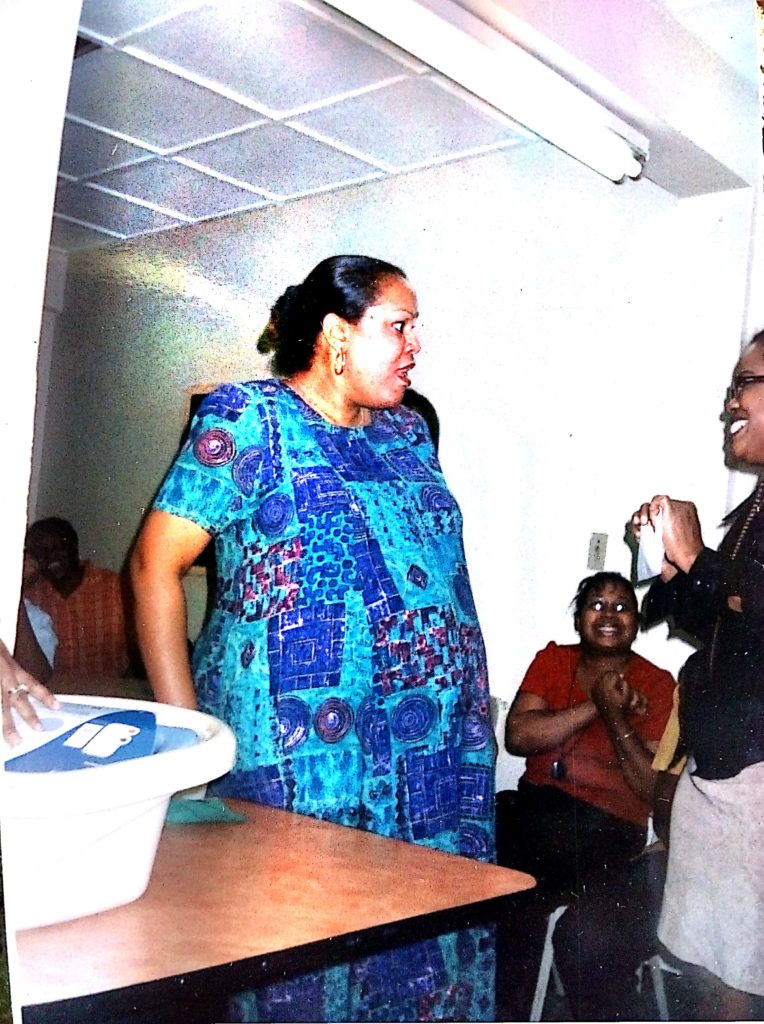

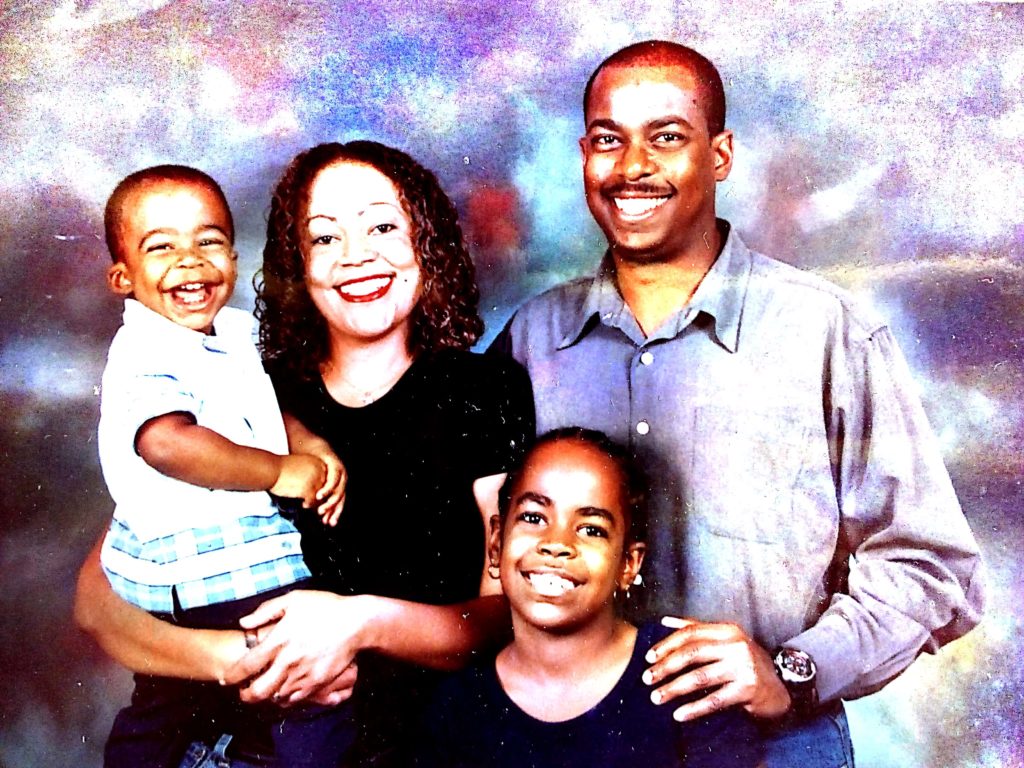
The Atkins Diet and PCOS
Well I don’t remember how I learned of the Atkins Diet, but I remember buying his book and realizing that this diet was a low-carb regime and this could possibly be the answer I’m looking for! I determined to breast feed Nick for only 3 months and then I’d be going all in on this low-carbohydrate Atkins diet to reclaim my body. And I did it. Not only did my periods become regular, but my skin cleared up and l lost weight. I was in the best overall health of my adult life. I sustained it for about 4 years, then got complacent and reverted to my old ways. The weight crept back on until I reached a personal tipping point last year August and decided to go back to the one way of living that was compatible with my own body: low-carb. Enter the keto diet.
The Keto Diet and PCOS
There are many testimonials of women living with PCOS using the keto diet to manage the condition. Here are a few from women in an on-line low-carb support group that I’m a member of. *names have been changed to maintain privacy*
Christine
“Hi there! Thanks for adding me! I’ve been doing this LCHF life for eight months now and loving every minute of it. After struggling with PCOS for years I’ve finally found something that works! 40 pounds down over the past year! ❤️”
Vikki
“Because I have PCOS and insulin resistance, I have not had a real, normal cycle in about 6 years. I had to go on medications and fertility treatments to have my son.
I started LC on Nov. 27 and by Dec. 1, I had my 1st no-drug cycle start since probably 2010-11. I’m not menopausal – just have reproductive issues. It HAS to be the diet.
So, for me, it began as a weight loss thing. Now, it has so many health benefits to me personally.”
Tiffy
“I have PCOS, and diets have always been a struggle for me in the past. I would give them 100% effort with little results (and I was ALWAYS hungry). In September, my OB/GYN suggested I start Keto. I never realized how much that office visit would change my life. I’ve never felt as good as I do now, and my husband has now joined me on my Keto journey (he’s lost 22 pounds so far). I am forever grateful to have such a wonderful and knowledgable doctor. (An added note: While exercise always helps, my weight was lost without any exercising. I just recently started adding exercise to tone and build muscle. This weight was lost within 7 months.)”
Check this out: here’s a woman who is simply low-carb and managing her PCOS. She lost weight, regulated her periods and controlled her facial hair growth. Here’s another one. She too is simply low-carb and has experienced a significant improvement in her symptoms.
I no longer need to worry about fertility issues. My child-bearing needs no longer exist! But I do need my hormones correctly aligned and I need a sustainable way of managing my weight and skin and overall well-being. I’ve been on the keto diet for 14 months now. The difference in my health and appearance is like night and day.

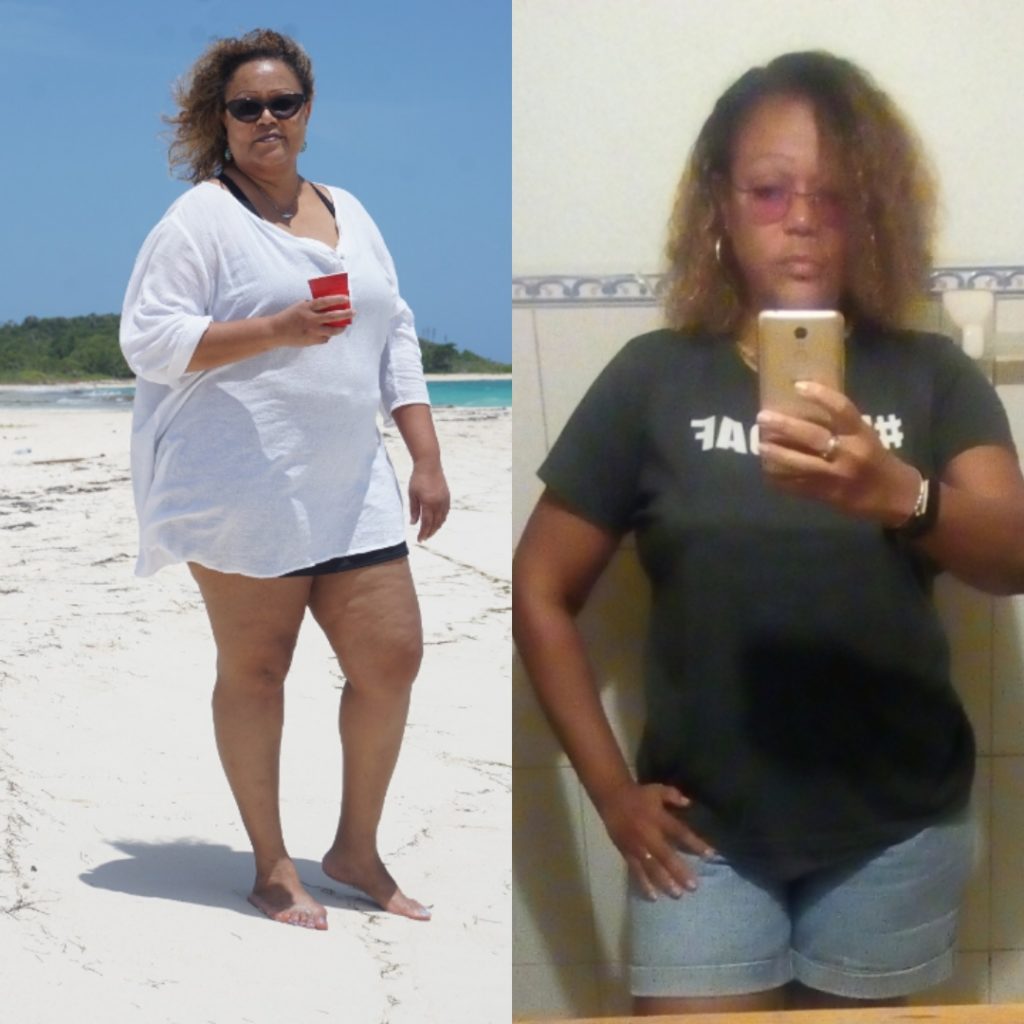
How does keto help PCOS ?
There is so much that is still not known about PCOS. I think though, that at the root of it, the hormonal imbalance is the key to sustainable management of this condition. Metformin, a diabetes drug, and birth control pills are used to treat the symptoms of PCOS. But they don’t address the root cause. Current Type 2 Diabetes (T2D) treatment protocols focus on reducing blood glucose levels and have proven to be ineffective over the longer term. You see, the issue with the T2D condition is that insulin, the hormone responsible for regulating blood sugar levels, fails to operate effectively in those people with T2D. They demonstrate “insulin resistance” which essentially looks like this: ingest carbohydrates, blood sugar levels spike, body releases insulin, insulin has no effect on blood sugar level, body secretes more insulin, blood sugar levels continue to remain unchanged…and on and on until the body is flooded with insulin that is not regulating blood sugar levels, but is resulting on other issues: inflammation around the body, increases in weight and interference with feelings of satiety which make people with insulin resistance constantly hungry, never feeling full regardless of how much they eat.
People who have reversed their T2D have done so by changing their diet to a low-carb regime. In the absence of carbohydrates, the body doesn’t over-heat with insulin, and in the presence of a high(er) healthy fat and protein diet, the insulin-resistant body now ignores its inefficient glucose-for-energy metabolic pathway and switches to a fat-for-energy metabolic pathway. The result: body fat stores are burned up, feelings of satiety click in, inflammation is reduced, and signalling via the endocrine system becomes re-aligned. Essentially, the body’s hormonal balance is restored to normality.
Are you seeing how this translates to the PCOS condition? On a low-carb, high fat, moderate protein diet (like the ketogenic diet), insulin secretion is greatly reduced, and the insulin-resistant body now has a chance to function optimally. The balance between male and female hormones is restored, ovulation can now happen, menstrual cycles regularize, hirsuteness (excessive hair growth due to male hormones) is reduced and weight gain ceases.
Bottom line:
- Insulin resistance is a key feature of both obese and lean PCOS. It occurs in 70-95% of people with obese PCOS and 30-75% of people with lean PCOS.
- High insulin is not just a symptom of PCOS—it is also a major driver of the condition. High insulin can impair ovulation and cause the ovaries to make excess testosterone.
This is a great article for those who want to reference the actual studies supporting these claims.
What the insulin-resistant body needs is not more insulin to regulate blood sugar. We already know that it will simply take more and more insulin to do the job and excess insulin comes with its own harmful side effects. The insulin-resistant body, the body with PCOS, needs less insulin. And this happens when you starve the body of insulin triggers, otherwise known as carbohydrates.
Control your insulin, control your PCOS
What do you have to lose from switching to a low-carb diet? The science explains why a ketogenic or low-carb diet will re-align the body with PCOS. There are testimonials, including my own, that stand as evidence that a low-carb diet is perhaps the least painful, most effective way for the person living with PCOS to lose weight and deal with the other issues associated with PCOS (fertility challenges, acne and so on).
Have you used the keto diet to manage your own PCOS? Tell me your story please!
Curious to learn more about the keto diet? Check out my post where I tackle 15 of the toughest questions I’ve received about the keto diet.
Keto Coaching Services
I also offer coaching services to people who want to reclaim their health by adopting a low-carb diet. Contact me here.
Remember to subscribe to my blog in order to get 8 specially chosen recipes to make the transition to eating the keto way as painless as possible.
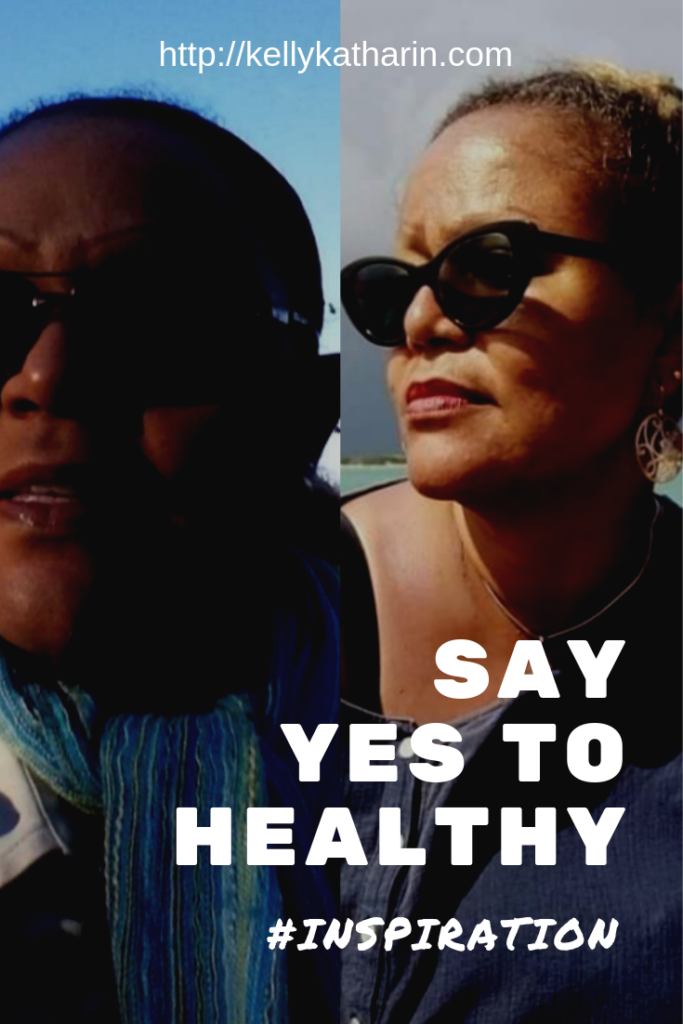

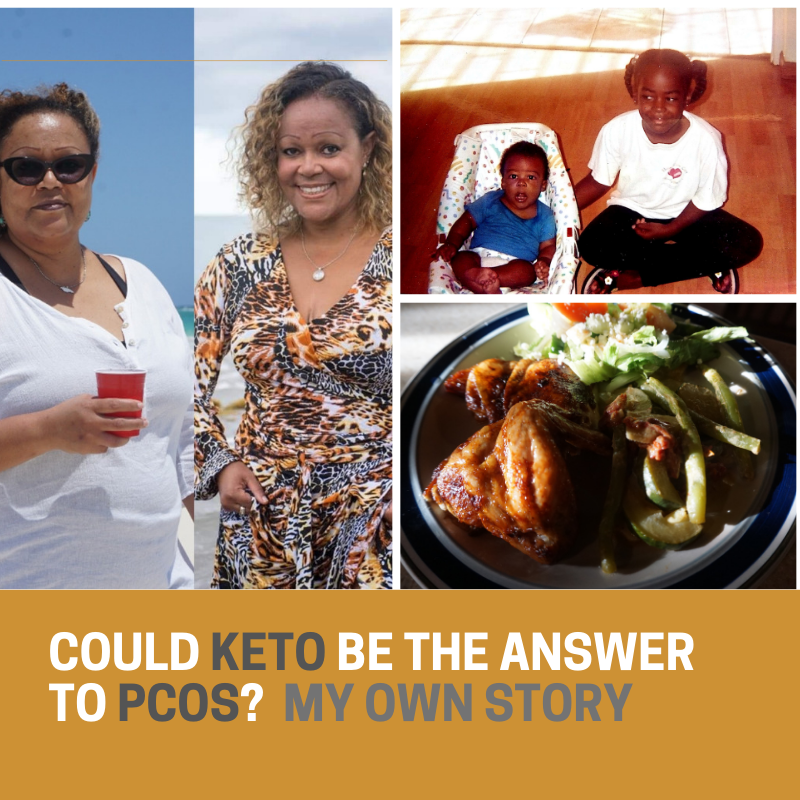
Gonna try this. I have had PCOS since I was in my early twenties (34 now) and want to get it under control. It’s really been a rollercoaster of a ride full of depressing times. I tried to eat vegan but it didn’t male me feel my best. Tried vegetarian but became addicted to sweets. If I could just control the sugar cravings that would be a great help. Thanks for posting.
Hi Micaela: I am optimistic that this will work for you. Given the links between insulin and PCOS it’s not surprising that vegan and vegetarian diets aren’t really effective here. So many vegan/vegetarian diets comprise carbohydrate rich foods which are a definite no-no when seeking to ease PCOS. All the best!
Inspired… I’ve lost weight on Keri several times. I yo-yo diet (not proud). I’ve been trying to get back on track. I succeed for a few days but not long enough to sustain kerosine based on the the ketostix. Went on a mini vacation with family this weekend. All efforts thwarted in one me! I start on Monday! I follow you on Twitter and love when you share meals and recipes. I’m truly inspired by your journey and you look amazing!
All the best on your journey, Natalie. Remember, the best way to get over cravings is to starve them. Feeding them even a little makes staying consistent so painful and difficult. That’s why “eating in moderation” doesn’t work for so many of us. You can do this.